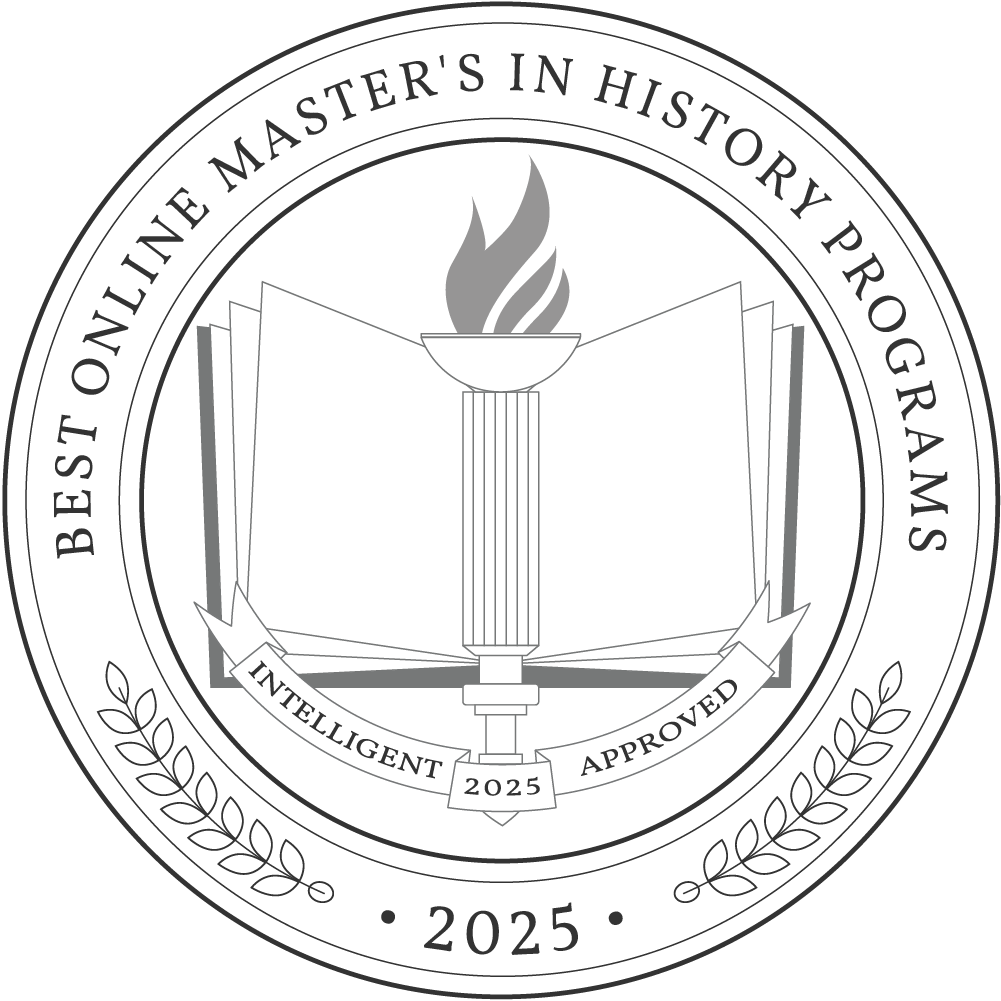Historians have a broad range of employment possibilities, and job growth is steady at 3% through 2032. According to 2023 data, the median salary for historians is $72,890 annually, with 300 projected job openings each year.
The average tuition and fees for a graduate degree program is $12,596 at public schools and $28,017 at private schools. Most online programs for a master’s degree in history are completed within two years for full-time students, with an average course load of 30 to 37 credit hours.
We spoke with Blanca Villagomez, a program counselor and coordinator at UC-Irvine, for her expert advice on selecting the best master’s in history program and securing funding for your online degree.
Why Trust Us
The Intelligent.com Higher Education Team is dedicated to providing students with independent, equitable school and program rankings and well-researched resources. Our expert-driven articles cover topics related to online colleges and programs, paying for school, and career outlooks. We use data from the U.S. Department of Education’s College Scorecard, the National Center for Education Statistics, and other reputable educational and professional organizations. Our academic advisory team reviews content and verifies accuracy throughout the year for the most current information. Partnerships do not influence rankings or editorial decisions.
- Analyzed over 2,000 national, accredited, and nonprofit colleges and universities
- 800+ rankings pages are reviewed and updated yearly
- Content is informed by reputable sources, surveys, and interviews with academic advisors and other experts
- Over 100 data points are reviewed for accuracy and quality throughout the year, including sources
How we rank schools
Our list features the best online Master’s in History degree programs at top colleges nationwide. Each school featured is a nonprofit, accredited institution — either public or private — with a high standard of academic quality for post-secondary institutions.
We evaluated each school’s program on tuition costs, admission, retention and graduation rates, faculty, reputation, and the student resources provided for online students. We collected data from trusted sources like the National Center for Education Statistics, individual school and program websites, school admissions counselors, and other data sources. Then, we calculated the Intelligent Score on a scale of 0 to 100 based on the following criterion:
Academic Quality:
- Admission rate versus enrollment rate
- Retention rate of students who return after year one
- Accreditation status (regional and programmatic)
- Nonprofit status, both private and public institutions
Graduation Rate
- Overall graduation rate
- Total number of currently enrolled students, including diversity metrics
- Student-to-faculty ratio
Cost and ROI
- In-state and out-of-state per-credit tuition rates and fees
- Required credits to graduate
- Earning potential after graduation
- Availability of federal student loans, scholarships, and other financial aid options
Student Resources
- Available student services for online-only and hybrid programs
- On-campus amenities like tutoring centers and the number of libraries
Read more about our ranking methodology.
Online Master’s in History Programs That Might Interest You
Learn about start dates, transferring credits, availability of financial aid, and more by contacting the universities below.
Best 34 Accredited Online Master’s in History Programs
FiltersInstitution Type
Status
- Intelligent Score
- Alphabetically By University Name
- Acceptance Rate
- Enrollment
- In-state Graduate Tuition
- Out-of-state Graduate Tuition
- In-state Undergraduate Tuition
- Out-of-state Undergraduate Tuition

Liberty University
Intelligent Score: 99.98In-state: $14,791
Out-of-state: $14,791
In-state: $7,935
Out-of-state: $7,935
SAT: 1040-1250
ACT: 21-29
If you want to earn your degree through a private institution, Liberty University is our top choice for earning an online Master of Arts in History degree. Their online program has a unique touch to it in that Liberty faculty members teach the curriculum from a biblical perspective, as Liberty is a Christian institution. Some of the biggest topics included in this program are how to document history responsibly, how to conduct historical research, an overview of the development and effects of Christianity in America, and choice topics in areas like the Civil War, the American Revolution, world events, and the history of American political parties. This program can be completed in as little as one and a half years.
$565
Online
Southern Association of Colleges and Schools Commission on Colleges
36
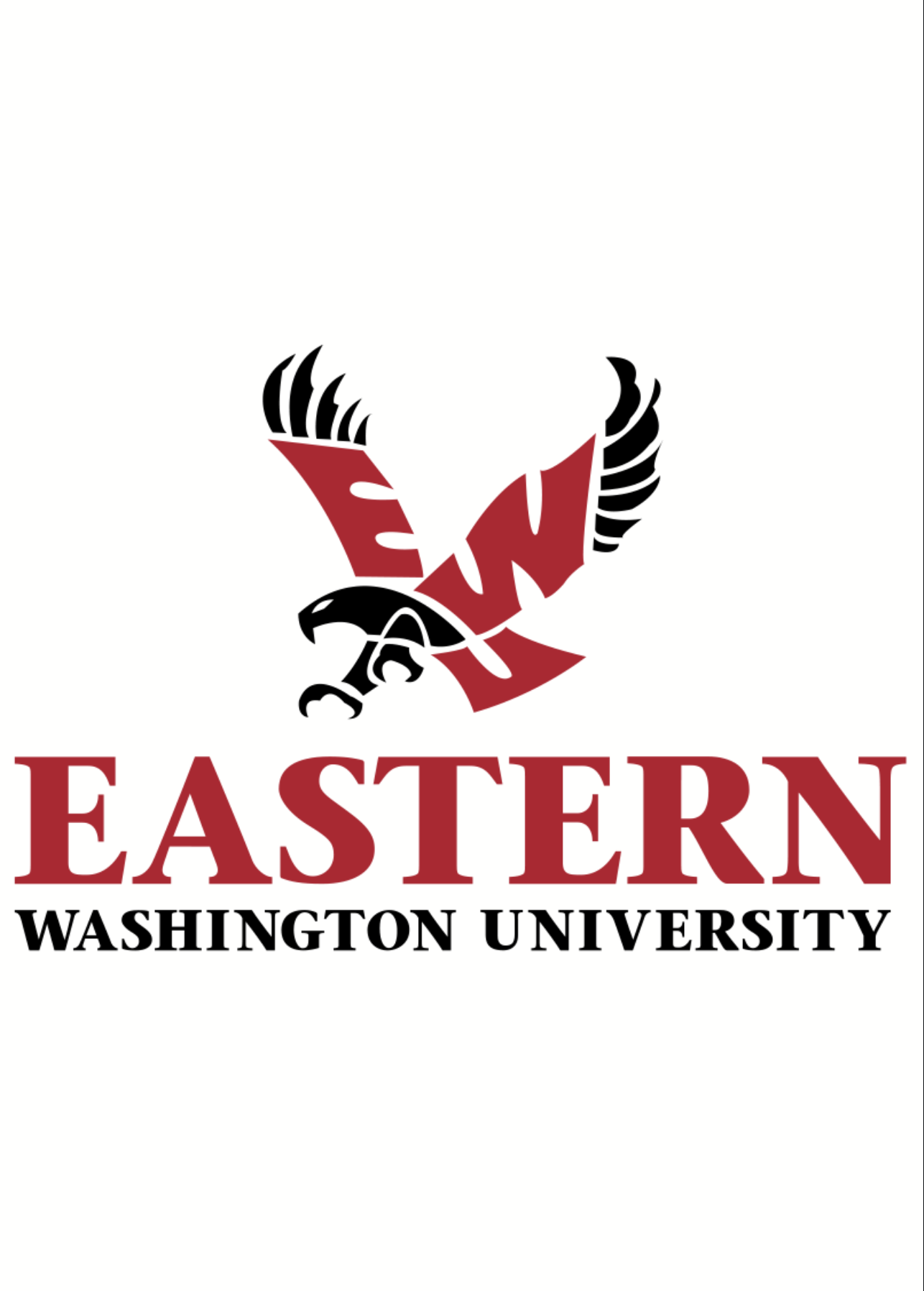
Eastern Washington University
Intelligent Score: 99.58In-state: $6,707
Out-of-state: $24,676
In-state: $12,015
Out-of-state: $12,015
SAT: 880-1090
ACT: 16-23
$325
Online
Northwest Commission on Colleges and Universities
45

Sam Houston State University
Intelligent Score: 97.91In-state: $5,856
Out-of-state: $15,672
In-state: $5,765
Out-of-state: $5,765
SAT: 970-1120
ACT: 18-23
$320
Online, On Campus
Southern Association of Colleges and Schools Commission on Colleges
30-36

Florida International University
Intelligent Score: 97.80In-state: $4,721
Out-of-state: $16,529
In-state: $8,912
Out-of-state: $8,912
SAT: 1110-1260
ACT: 23-29
The Master of Arts in History online program offered by Florida International University has a very specialized degree program with several options for online learning students. Their fully online program offers coursework in five different areas of culture: Africa, Europe, Asia, Latin America, and the United States. It's a fantastic program for those looking to advance their teaching career or add to their law program resume. Students can complete their degree in three different ways: : the Report Option, Public History Option, and Thesis Option. Although the Report Option is the only one available fully online, students can still experience Florida International University's specialized online master's in history degree program.
Resident: $455
Non-Resident: $1,001
Online, On Campus
Southern Association of Colleges and Schools Commission on Colleges
30

Indiana State University
Intelligent Score: 97.49In-state: $9,186
Out-of-state: $20,290
In-state: $7,668
Out-of-state: $7,668
SAT: N/A
ACT: N/A
$601
Online
Higher Learning Commission
33

Pittsburg State University
Intelligent Score: 96.43In-state: $5,836
Out-of-state: $17,180
In-state: $6,820
Out-of-state: $6,820
SAT: N/A
ACT: N/A
$393
Online
Higher Learning Commission
30-33

Fort Hays State University
Intelligent Score: 96.23In-state: $4,140
Out-of-state: $14,580
In-state: $3,726
Out-of-state: $3,726
SAT: N/A
ACT: N/A
$338
Online, On Campus
Higher Learning Commission
30

Southern New Hampshire University
Intelligent Score: 94.88In-state: $9,600
Out-of-state: $9,600
In-state: $18,810
Out-of-state: $18,810
SAT: N/A
ACT: N/A
$637
Online
New England Commission of Higher Education
33
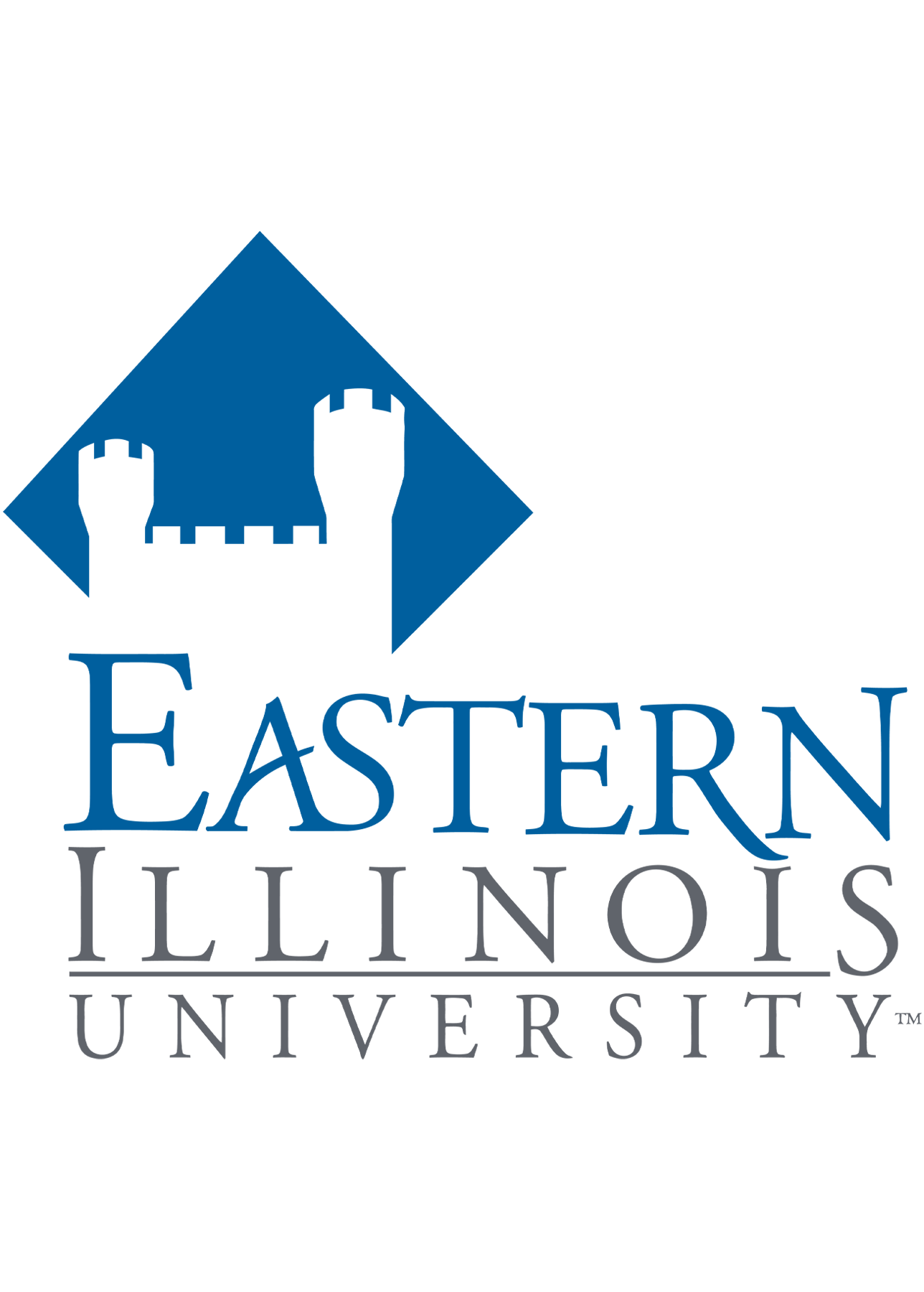
Eastern Illinois University
Intelligent Score: 94.84In-state: $9,036
Out-of-state: $11,231
In-state: $7,503
Out-of-state: $7,503
SAT: 960-1140
ACT: 18-23
$344
Online
Higher Learning Commission
30

Louisiana Tech University
Intelligent Score: 93.17In-state: $6,401
Out-of-state: $13,143
In-state: $5,416
Out-of-state: $5,416
SAT: 1060-1270
ACT: 22-28
The Intelligent Pick for our top online master's in History program is the Master of Arts in History offered by Louisiana Tech University. Louisiana Tech offers both a bachelor's and master's in History through their online education platform. The master's program is a very flexible and affordable program for students, and with an Intelligent Score of 98.91. This online program can be completed fully online, through a hybrid online plan, or on campus program. It specializes in United States history, giving students the necessary analytical skills to perform well in a number of career fields that include education, politics, and law. It's an ideal program for those who want to advance their teaching career or pursue an advanced degree in history.
$714
Online, On Campus
Southern Association of Colleges and Schools Commission on Colleges
30

Wayland Baptist University
Intelligent Score: 91.68In-state: $19,996
Out-of-state: $19,996
In-state: $13,482
Out-of-state: $13,482
SAT: 900-1090
ACT: 16-23
$476
Online, On Campus
Southern Association of Colleges and Schools Commission on Colleges
37

Western Kentucky University
Intelligent Score: 91.37In-state: $10,802
Out-of-state: $26,496
In-state: $12,140
Out-of-state: $12,140
SAT: 980-1180
ACT: 19-26
In-State: $607
Out-of-State: $953
Online
Southern Association of Colleges and Schools Commission on Colleges
30-34

University of Memphis
Intelligent Score: 90.44In-state: $8,208
Out-of-state: $12,048
In-state: $9,216
Out-of-state: $9,216
SAT: 990-1200
ACT: 19-26
$646
Online
Southern Association of Colleges and Schools Commission on Colleges
33

Jackson State University
Intelligent Score: 89.35In-state: $8,270
Out-of-state: $8,270
In-state: $8,270
Out-of-state: $8,270
SAT: 890-1050
ACT: 17-20
$476
Online
Southern Association of Colleges and Schools Commission on Colleges
36

University of Louisiana Monroe
Intelligent Score: 88.54In-state: $5,407
Out-of-state: $19,135
In-state: $5,511
Out-of-state: $5,511
SAT: 1000-1210
ACT: 20-26
$500
Online
Southern Association of Colleges and Schools Commission on Colleges
30
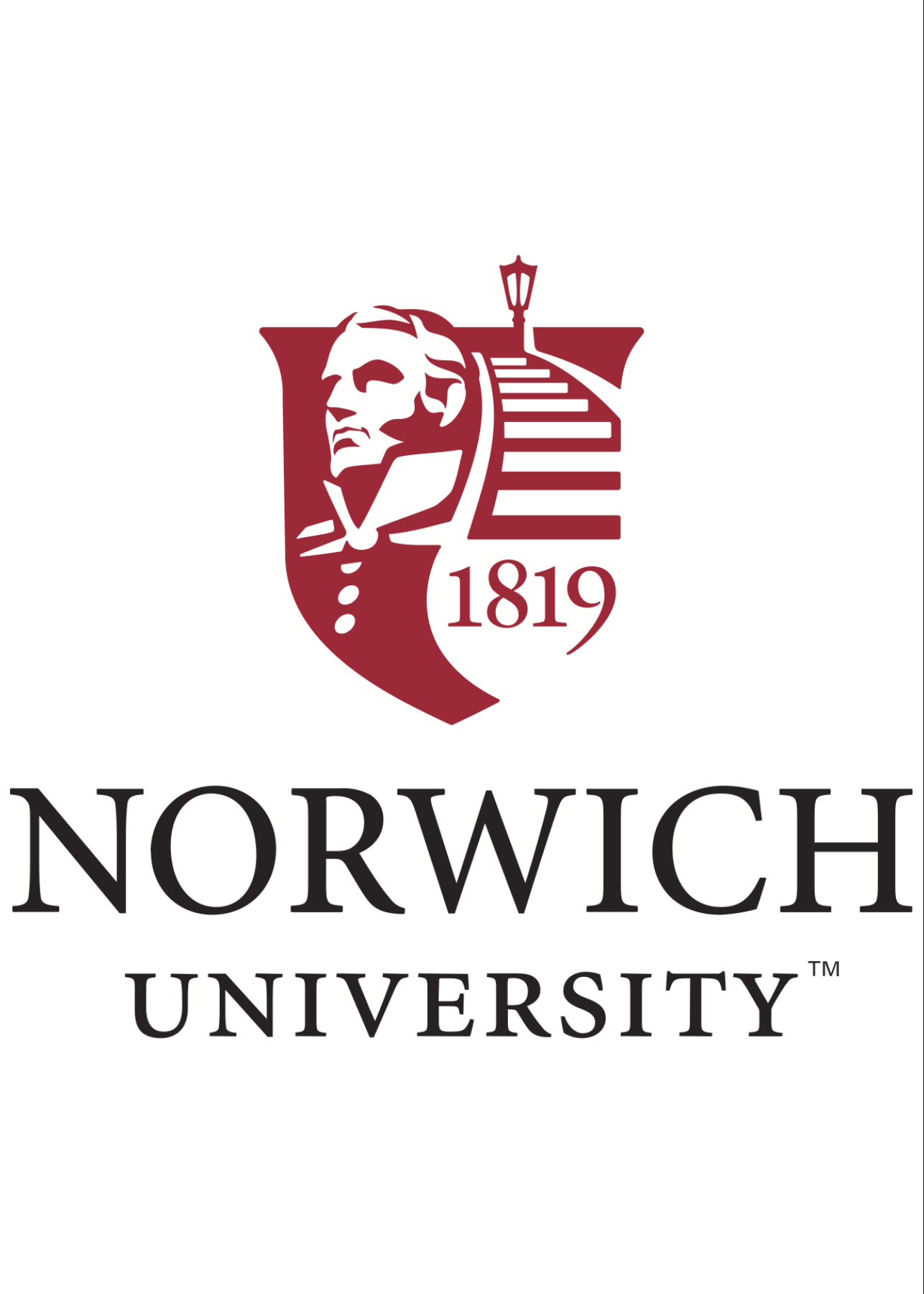
Norwich University
Intelligent Score: 88.45In-state: $40,608
Out-of-state: $40,608
In-state: $18,614
Out-of-state: $18,614
SAT: N/A
ACT: N/A
$698
Online
New England Commission of Higher Education
36
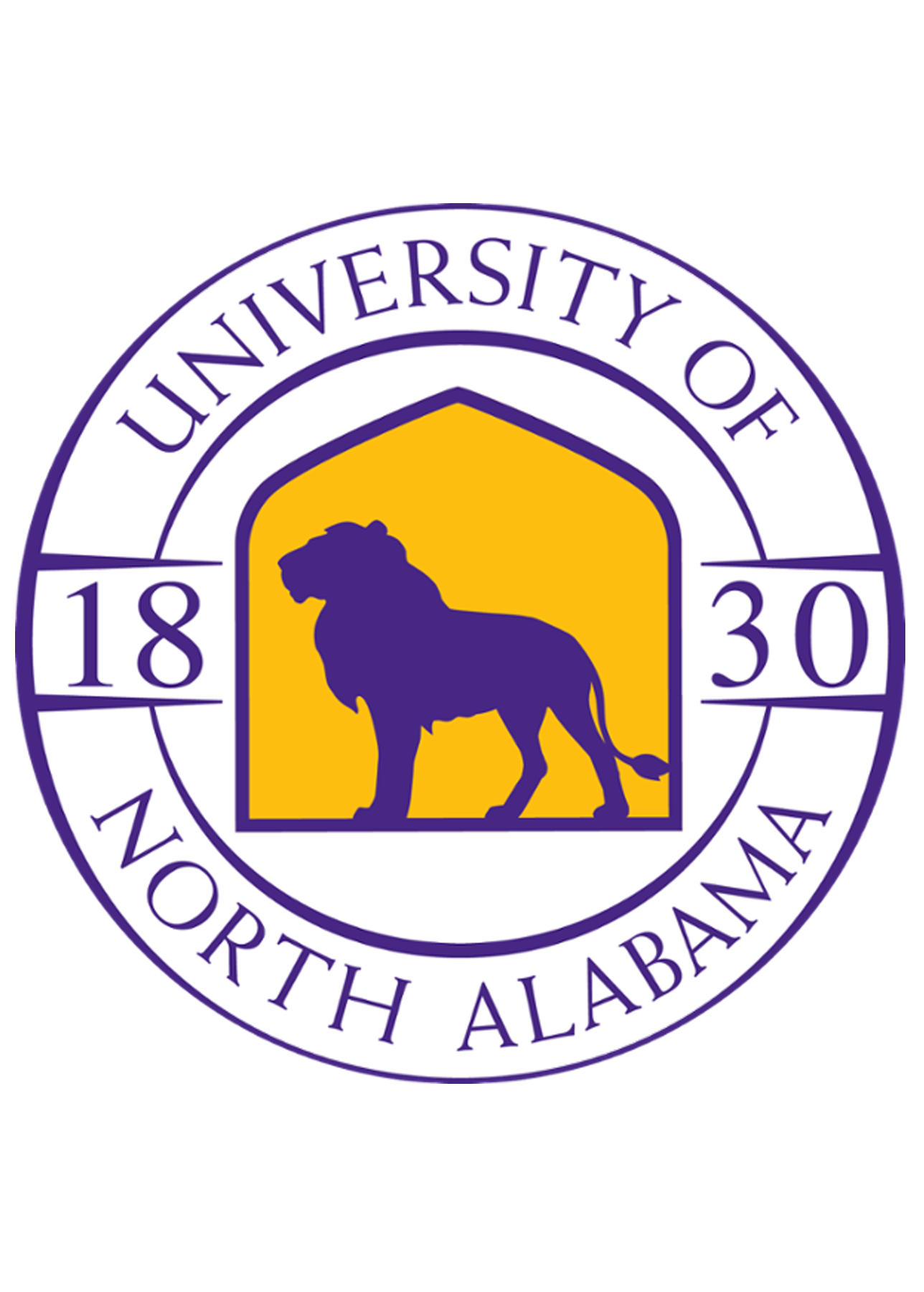
University of North Alabama
Intelligent Score: 88.27In-state: $9,600
Out-of-state: $19,200
In-state: $6,660
Out-of-state: $6,660
SAT: N/A
ACT: N/A
$495
Online, On Campus
Southern Association of Colleges and Schools Commission on Colleges
30

University of North Carolina Wilmington
Intelligent Score: 87.16In-state: $7,019
Out-of-state: $34,198
In-state: $10,552
Out-of-state: $10,552
SAT: 1280-1490
ACT: 28-33
Resident: $276
Non-Resident: $1,119
Online
Southern Association of Colleges and Schools Commission on Colleges
30-36
How to Choose an Online Master’s in History Program
Choose your area of study
There are several different types of master’s in history degrees that you can choose from. Some of the more popular degree options include:
- Master of Arts in history
- Master of Science in historic preservation
- Master of Arts in medieval studies
- Master of Arts in Holocaust and genocide studies
Many programs also allow you to select a concentration and focus your studies on a particular niche in this field, such as archiving, sociology, museum administration, library science, political science, postsecondary education, and various research-oriented fields of study. If you already know what you would like to do after you graduate, look for programs that closely match these career goals. For example, if you hope to work for museums or libraries, a concentration in archival and preservation studies may be a good focus.
Research schools and programs
You should only apply to institutions that have been approved by a DOE-recognized regional accrediting organization, such as the New England Commission of Higher Education or Northwest Commission on Colleges and Universities. These organizations evaluate schools to ensure they provide students with a high-quality education. Those who attend a school that isn’t regionally accredited may be unable to access financial aid or transfer credits to another institution if needed.
“Once students have clarity on what types of programs they’re seeking, they can develop a list of custom filters to narrow down options,” Villagomez recommends. “Students can use their list of parameters to guide their research process. I recommend students use spreadsheets or checklists to stay organized when researching multiple schools.”
To learn more about any accredited schools that you’re interested in, you can visit the school’s website, contact an admissions counselor, follow the school on social media, or attend an in-person or virtual open house.
Prepare for tests and applications
Application requirements vary by school and program. A bachelor’s degree in history is typically preferred for admission to an online master’s program, but a related undergraduate degree (e.g., sociology, philosophy, or social studies) may be acceptable. Many graduate schools have a minimum required grade point average, but admissions departments may waive this requirement if you have related fieldwork experience or impressive standardized test scores.
Some, but not all, master’s programs also require the Graduate Record Examination (GRE) as part of their admissions standards. In addition, since history is a field of study that requires a strong aptitude for research and writing, your program may ask for a sample history research paper. You may also be required to submit undergraduate transcripts, letters of recommendation, and a personal statement with your application.
Before submitting an application, always contact an admissions counselor to ensure you have the most accurate information regarding requirements and deadlines.
Select your program
Since you are looking for an online program, chances are, you may not have the opportunity to visit school campuses physically. Therefore, reaching out to a school’s online student services may be helpful. The responsiveness of this department and the level of support offered will help you determine if the school is fully prepared to service its online students. Similarly, check into faculty mentorship or peer advisor programs. Strong academic support for online students can make a world of difference.
Before making your final decision, review your needs and goals again. Do you plan to attend school full-time or part-time? Do you want your program to be as online as possible, or are you fine with a hybrid program that has a fair amount of in-person requirements? Some programs offer asynchronous courses, which can be completed at your own pace, while others only offer synchronous courses, which involve remotely attending lectures and completing assignments at the same time as other students — which of these two online learning formats do you prefer? Your school should accommodate your scheduling needs and learning preferences.
Determine how you’ll pay for your degree
The first step in financing your degree is contacting your school’s financial aid department. The people there can inform you of payment plans, scholarships, or other financing options that may be available to you.
You can also find out if you are eligible for federal assistance by filling out the Free Application for Federal Student Aid (FAFSA). “Be sure to complete and submit this application and any others, such as your state’s Dream Act application, well ahead of deadlines to ensure your information is reviewed promptly,” says Villagomez. “Depending on your income and other financial factors, you may receive a generous financial aid package or have to rely more on loans and out-of-pocket contributions.”
If you will remain employed full-time while attending school, ask your employer if tuition reimbursement is available. Similarly, it’s wise to learn as much as you can about tax benefits for education. Every little bit can go a long way and make a big difference in your financial planning.
What Can You Expect from an Online Master’s in History Program?
History students should have a strong reading, writing, and research aptitude. Because of the breadth of knowledge covered in history programs, students can customize their curricula to specialize in an area of personal interest. For example, history students may choose courses that prepare them to speak publicly in museums or historical societies. On the other hand, students hoping to teach in schools may focus on areas like elementary education.
Students in an online program earning their master’s in history will complete coursework in historical research, historical methods, and historiography. Some programs will require a capstone or thesis project toward the end of your studies. Overall, the program may take up to two years to complete for full-time students and between three and five years for part-time students. The number of credit hours will vary with each program, but the average is between 30 and 37.
Potential courses you’ll take in an online program to earn your master’s degree in history
- Historiography. This core course focuses on critical contemporary approaches to current issues in methodologies, history writing, and current issues in the field.
- Teaching History. Students explore the landscape of higher education, participate in debates, lead discussions, and learn how to advise students and evaluate their work. This course surveys the pedagogy and practice of history teaching.
- Introduction to Historical Museum Work. Students study historical agencies and museums, which often include field trips and laboratory work.
- Administration of Archives and Manuscripts. This course is an overview of the history and development of basic archival theory and methodology. Students learn the principles of collecting and organizing historical manuscripts and archives.
What Can You Do With an Online Master’s in History?
Career paths
A master’s degree in history equips you with critical thinking, research, writing, and analytical skills. These skills are highly transferable and sought after in numerous professions. Here are some of the promising career paths available to individuals with an online master’s in history:
- Historian — Research, analyze, and write about historical figures, events, and movements.
- Median annual salary: $72,890
- Projected employment growth (through 2032): 3%
- New job openings projected: 300 annually
- Archivist, curator, or museum worker — Archivists authenticate and preserve historical documents and objects, while curators and museum workers acquire, maintain, and prepare items for collections and exhibits.
- Median annual salary: $57,120
- Projected employment growth (through 2032): 10%
- New job openings projected: 5,000 annually
- Political scientist — Research political subjects, monitor current events, and provide analysis to organizations such as government agencies, political parties, and labor unions.
- Median annual salary: $132,350
- Projected employment growth (through 2032): 7%
- New job openings projected: 600 annually
Online Master’s Degree in History Frequently Asked Questions
How do I apply to an online program for a master’s degree in history?
The best way to start the application process is to contact an admissions counselor at your chosen school. Admissions counselors will look at your educational background and long-term goals to help you choose the best course of study.
Typical graduate admissions will request the following materials:
- Writing sample or research essay. Because history is a research-heavy field, the admissions department will likely want to see that you possess strong writing and research skills.
- Official transcripts. These inform the admissions department of your grade point average, the amount of coursework you’ve completed, and the rigor of your undergraduate work.
- Letters of recommendation. Generally, colleges request two to three letters from your professors or supervisors who can attest to your scholarship.
- GRE scores. Even if your school doesn’t require GRE scores, it gives you better odds of winning competitive scholarships or fellowships.
How much does an online master’s degree in history cost?
The average tuition for graduate degree programs is $20,513 per year. Other factors such as state residency and any technology or software requirements can play into tuition costs. Be sure to ask your admissions counselor and financial aid office to itemize any add-on costs outside of the per-credit cost of the program.
How long does it take to earn a master's degree in history online?
Depending on how many credits you can complete per semester, most full-time students finish their online programs and earn their master’s degree in history in two years. Some schools offer accelerated programs, and many undergraduate students take advantage of dual-pathway programs that allow them to simultaneously enroll in multiple master’s courses while completing their bachelor’s degree to finish their master’s degree in less time.
Most students earning their master’s in history online are required to complete between 30 and 37 credits, on average. Part-time students may take longer to earn their degrees, but most colleges expect the program is completed within five years.
Is an online master's degree in history worth it?
An online master’s degree in history provides a solid foundation for a variety of rewarding careers in fields such as academia, research, museums, and education. “Accredited online degrees are just as reputable and legitimate as traditional degrees,” says Villagomez. “The flexibility, convenience, and accessibility of online programs can enhance students’ learning, boost their motivation, and support their retention.”
Graduates with advanced historical knowledge and research skills are well-equipped to contribute to the preservation, interpretation, and understanding of our collective past and make meaningful impacts in diverse sectors.
Although a historian’s salary varies widely depending on the organization they are working for and other factors, six-figure salaries are possible. The BLS reports, for example, that historians employed by the federal government earn a median salary of $106,830. Earning your degree online can be an excellent choice for many students. Online programs allow students to balance their studies with work, family, or other commitments. This flexibility is particularly valuable for adult learners. Online programs eliminate geographical barriers, making quality education available no matter where you live throughout the country. They can also lead to financial savings, as the student does not need to pay for transportation or on-campus housing.
Read More about Online Master’s in History Degrees
Compare School Options
Related Degrees
- Sociology
- Political Science
- Liberal Arts
- Communications
- Creative Writing
- Human Services
- General Studies
- Environmental Management
- English
- Library Science
